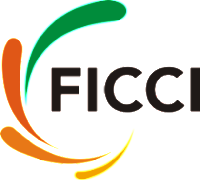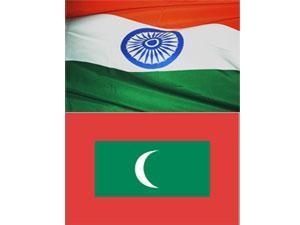
The government opposed any move to expand the negotiating agenda at the World Trade Organization (WTO) and instead urged member countries to stick to the issues under the Doha Round at the ministerial meeting in Nairobi later this month.
While accusing the developed countries of shying away from Doha Round after pushing the developing world into negotiations 14 years ago in the Qatari capital, commerce secretary Rita Teaotia accused several advanced economies of “stonewalling” the issues which are already on the table and instead introducing new ones. There have been efforts to include issues such as competition policy, labour and environmental standards on the agenda and India believes several of them don’t belong to WTO.
“What we are looking at Nairobi are…the Doha Round must not be abandoned at Nairobi. It’s true that we have rough patches, there are difficulties. But, it is inevitable in a body as large as this…What we would look for is to consolidate what we have achieved so far and then move forward,” she said at a conference organized by FICCI. The issue has been a major worry for India as it fears that the current limits are unrealistic and could limit the ability of the government to procure food grains from farmers in the developing world.
Teaotia also made a fresh pitch that the WTO membership find a permanent solution to India’s concerns on food security at Nairobi as the draft declaration released last week was silent on this. At the same time, Teaotia made it clear that India preferred the multilateral system, instead of plurilateral or bilateral trade agreements such as the Trans Pacific Partnership, although New Delhi was itself engaged in several such negotiations.
The commerce secretary further said that India would be submitting its schedule of commitments under the trade facilitation agreement, which will help ease rules for flow of goods at ports and airports. A final set of commitments is expected to be submitted after ratification by the Union Cabinet.
Teaotia was focused more on the forthcoming ministerial and told an industry conference that there was a need to ensure that countries such as India, China and Indonesia did not have to undertake the same set of commitments as the developed countries. In recent months, there have been attempts to remove some of the rapidly growing economies from the “developing country bracket”, a move that would adversely impact India as it would have to cut tariffs and ease rules at a faster pace.







Leave a Reply
You must be logged in to post a comment.